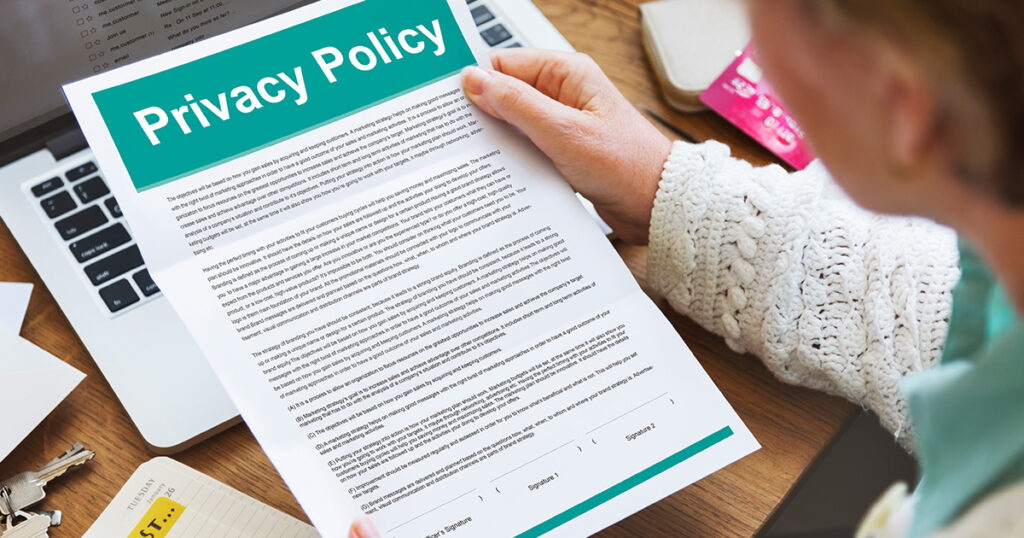HIPAA compliance is the cornerstone of securing patient data in the dynamic realm of healthcare. The Health Insurance Portability and Accountability Act (HIPAA) sets the standard for safeguarding sensitive patient information. It emphasizes the importance of strict compliance for healthcare providers.
In this article, we’ll delve into the complexities of HIPAA compliance, examining the best suggestions that go beyond the surface and equip healthcare professionals to master the art of HIPAA compliance.
What is HIPAA Compliance
HIPAA compliance refers to the Health Insurance Portability and Accountability Act. It was implemented in 1996 to establish guidelines for securing sensitive patient information in healthcare. It creates privacy and security requirements for protected health information (PHI), mandating healthcare organizations to adopt steps to safeguard patient data confidentiality, integrity, and availability.

Tips to Maintain HIPAA Compliance
Security Risk Assessment
HIPAA compliance begins with a thorough understanding of potential risks. Regular security risk assessments are the bedrock of a robust compliance strategy. By systematically identifying vulnerabilities and weaknesses in your systems, you lay the groundwork for a proactive defence against unauthorized access and potential data breaches.
Employee Training and Awareness
Your team is your first line of defence in the quest for HIPAA compliance. Prioritize ongoing employee training programs to cultivate a culture of awareness. Educating your staff about the significance of safeguarding patient information creates a unified and vigilant front against potential security lapses.
Secure Data Access Controls
Securing patient data necessitates stringent data access controls. HIPAA compliance is enhanced by role-based access, limiting unauthorized entry, and deploying robust authentication mechanisms. These measures fortify the barriers against data breaches and ensure that only authorized personnel can access sensitive information.
Encryption Best Practices
Encrypting Electronic Protected Health Information (ePHI) is a requirement for HIPAA compliance. Using cutting-edge encryption technologies gives extra security to essential patient data, ensuring its confidentiality and integrity.
Secure Communication Protocols
Digital communication is integral to healthcare, making secure communication protocols a vital aspect of HIPAA compliance. Implementing these protocols safeguards the transmission of patient data, preventing interception and unauthorized access.
Incident Response and Reporting
No system is infallible, and HIPAA compliance acknowledges this reality. It is vital to have a solid incident response strategy.
Timely reporting security incidents and conducting thorough analyses of breaches allow organizations to learn from their experiences, continuously improving their security measures.
Business Associate Agreements
Collaboration with external entities is common in healthcare. Strengthen your HIPAA compliance by ensuring that Business Associate Agreements (BAAs) are in place and regularly reviewed. This guarantees that third-party partners adhere to the stringent standards set by HIPAA.
Technology and Infrastructure Compliance
Ensuring technology and infrastructure compliance is pivotal in the realm of HIPAA. By utilizing HIPAA-compliant technologies, healthcare providers create a secure environment. Regular audits and assessments ensure systems are up-to-date and resilient against evolving cyber threats.
Physical Security Measures
Physical security is often overlooked but is integral to HIPAA compliance. By implementing stringent controls over physical access to PHI, organizations add an extra layer of protection to patient information, encompassing both digital and physical realms.
Documentation and Record-Keeping
Comprehensive documentation is paramount for HIPAA compliance, beyond a requirement to a best practice. Transparent records aid audits, demonstrating a steadfast commitment to surpassing HIPAA standards and ensuring the privacy of sensitive healthcare data.
Conclusion
In the evolving landscape of healthcare, mastering HIPAA compliance is synonymous with safeguarding patient privacy. These tips provide a roadmap for healthcare providers to navigate the intricate terrain of HIPAA, fostering a secure environment and ensuring the confidentiality of sensitive healthcare data. In short, HIPAA compliance is not a one-time effort but an ongoing commitment to protecting sensitive healthcare data.




